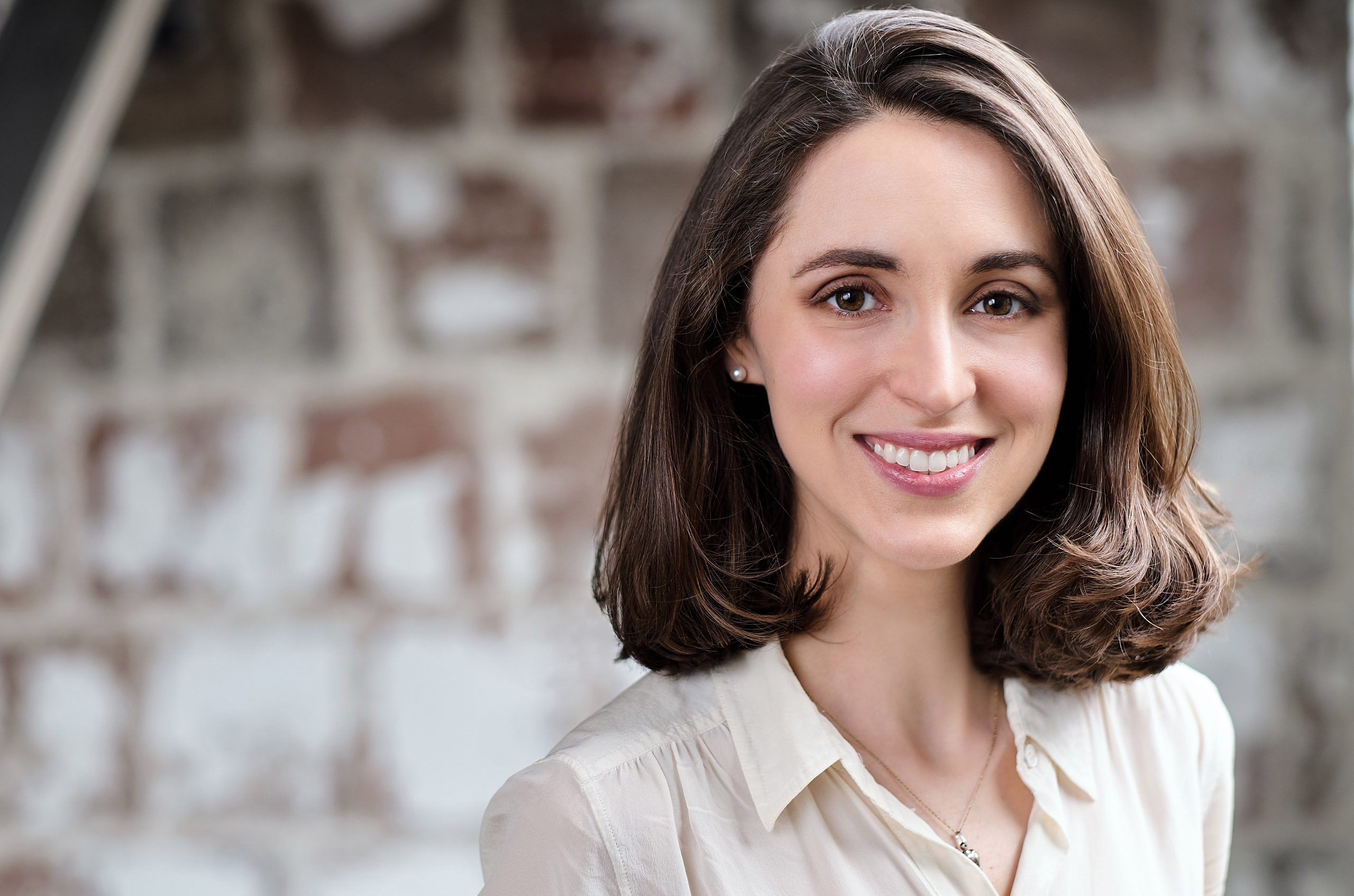
Ariel de Fauconberg is leading a WEF forum event on sustainable small businesses in September.
I am excited by this tremendous opportunity to transform organisations' existing structures and routines towards re-shaping our world into one that is more just, equal and inclusive for generations to come.
Ariel De Faucounberg
A Gates Cambridge Scholar will be moderating a panel on future-ready SMEs at the forthcoming World Economic Forum’s “Sustainable Development Impact Summit 2021” beginning on 20th September.
Ariel de Fauconberg [2020], who is doing a PhD in Management Studies, will host the session, which previews a report she co-wrote on future-ready SMEs in collaboration with her PhD supervisor Dr Matthew Grimes, the WEF, the National University of Singapore (NUS) and Entrepreneurs’ Organisation.
The report, due to be published at the WEF’s Annual Meeting of the New Champions in November, focuses on identifying those characteristics that enable small- and medium-sized businesses to be resilient to crises such as the Covid-19 pandemic while engaging in long-term financial value creation and drive widespread positive social, environmental and economic change.
Ariel says: “Society is facing an unprecedented challenge to grow beyond the former ‘normal’ of the 20th century. While daunting, I am equally excited by this tremendous opportunity to transform organisations’ existing structures and routines towards re-shaping our world into one that is more just, equal and inclusive for generations to come. To do so will require building on lots of breakthroughs in science and engineering, as well as our increasingly nuanced grasp of how responsible governance, networks, and positive social and environmental impact work together to build and maintain resilient communities and organisations, both big and small.”
Ariel has also recently been informed that she is one of three winners of the College of Business at Colorado State University’s “Business for a Better World” Dissertation proposal competition, which is endorsed by the Responsible Research in Business and Management (RRBM) network. A workshop associated with the prize will be held on 17th September.
The three PhD student winners will receive $6,000. Samantha Conroy, one of the co-chairs of the competition, said the aim was to “encourage new scholars to emphasise business sustainability in their work, which will affect the kind of research they do for years to come”.
In addition, Ariel is a top-10 finalist for this year’s 2021 Drucker Challenge international essay competition on ‘What Crisis Demands of the Manager’ and will be attending the 13th Annual Peter Drucker Forum being held in Vienna this November. Her essay will be published on the Drucker Challenge website in due course. The competition called for entrants to address questions such as how managers can be better developed in “normal” times to be more capable of dealing with the next crisis.












